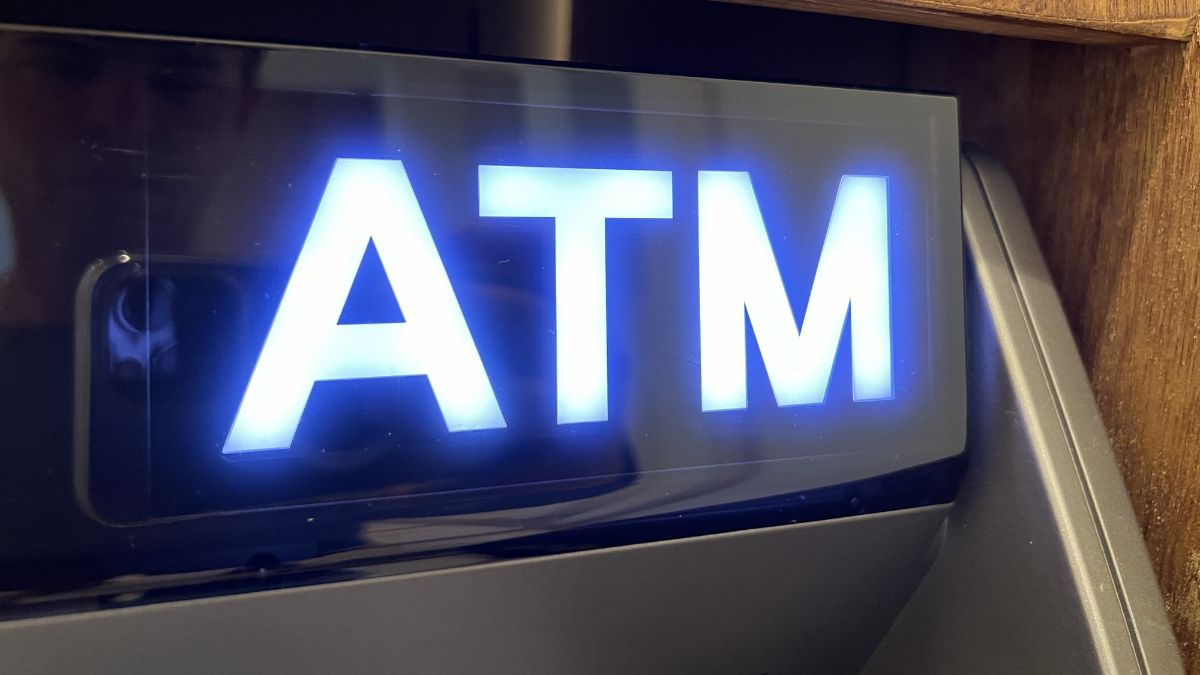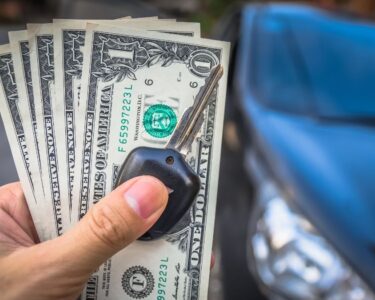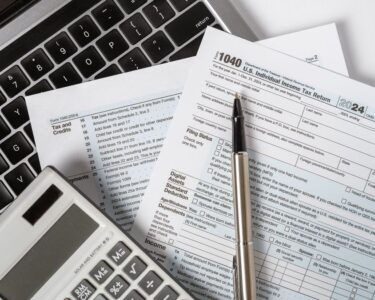Back in August 2024, a viral TikTok and X (formerly known as Twitter) scandal involving check fraud recently caught the attention of people—and Chase Bank—nationwide.
The trend, which quickly gained social media traction, highlighted that if people deposited a fake check into a Chase Bank ATM and then took out the specific amount of money quickly after, the banks would not be able to charge them with anything after the check bounced.
“This is pretty much traditional check fraud,” NerdWallet financial expert Kimberly Palmer said. “If you cash a check that’s fake and then withdraw money, you’re still responsible for the money that you withdrew.”
The people participating in the trend claimed it was caused by a supposed glitch in the ATM system. However, that information was false, as there was no glitch in the machines.
Chase Bank — whose parent company is JPMorgan — was recently made aware of the check fraud trend and told NBC News, “We are aware of this incident, and it has been addressed. Regardless of what you see online, depositing a fraudulent check and withdrawing the funds from your account is fraud, plain and simple.”

The bank also reportedly froze people’s accounts and took money out of them anyway, resulting in large negative balances for those involved in the fraudulent scheme.
“Bank errors in your favor are almost never in your favor. In the case of this ‘glitch,’ it was just check fraud,” said Instagram financial educator Jim Wong. “The people that were doing this were seeing big holes in their accounts or huge negative balances.”
Continued Wong, “It’s not your money, and when they figure it out, they will want it back. Do not spend it, do not move it, just leave it alone and tell the bank.”
Now, though, JPMorgan Chase has decided to take it one step further and sue the customers who participated in the trend. We gave everything you need to know below.
What to know about the JPMorgan Chase lawsuit
JPMorgan Chase announced on April 15, 2025, that it would sue those in Georgia who participated in the “infinite money glitch.”
According to the company, “masked man deposited a check in [the defendant’s] Chase bank account in the amount of $73,000.00.”
The bank then stated that it had tried to contact those involved in the suit several times before and that it still owed them $57,847.69, an amount that JPMorgan Chase insists they pay back should they be found guilty.
Along with Georgia, the bank is also suing people from Texas, Florida and New York, but details surrounding those suits remain unknown.
It is believed that over 1,000 people were involved in the scam, and currently owe the bank money.
What is check fraud?

Check fraud isn’t a new concept, and has been around for quite some time. It also goes way beyond just cashing a check and not having the money in your account that matches the balance.
Some of the most well-known check fraud cases consist of forging someone else’s signature on a check, writing a bad check, changing the amount of money originally written on a check and writing a counterfeit check.
There has also been a rise in mail-in check fraud, which happens when someone steals a check mailed to someone else. The Financial Crimes Enforcement Network (FinChen) is aware of this and had its Acting Director Himamauli Das state in a 2023 statement, “FinCEN is proud to partner with the United States Postal Inspection Service in producing this important and timely alert on mail theft-related check fraud designed to assist financial institutions in reversing this disturbing trend.”
“Their vigilance and timely reporting will help law enforcement identify illicit actors who steal mail with the goal of defrauding innocent American taxpayers and businesses.”
What is check kiting?
Check kiting is a form of check fraud that involves taking advantage of falsely reported funds in a bank account, with the perpetrator using the check more like an unauthorized, unlimited credit card rather than a check. The viral trend involving Chase falls under the category of check kiting.
Who investigates check fraud?
Check fraud is investigated by a number of entities, including individual banks and businesses. If the fraudulent activity in question is extensive, bank branches will likely work with local law enforcement to investigate crimes and prosecute criminal.
Check fraud criminal consequences
Can you get arrested for check fraud?
The short answer to that question is yes, you can absolutely get arrested for check fraud.
How long do you go to jail for check fraud?
Committing check fraud is punishable by up to 30 years in prison, probation and some hefty fines.





